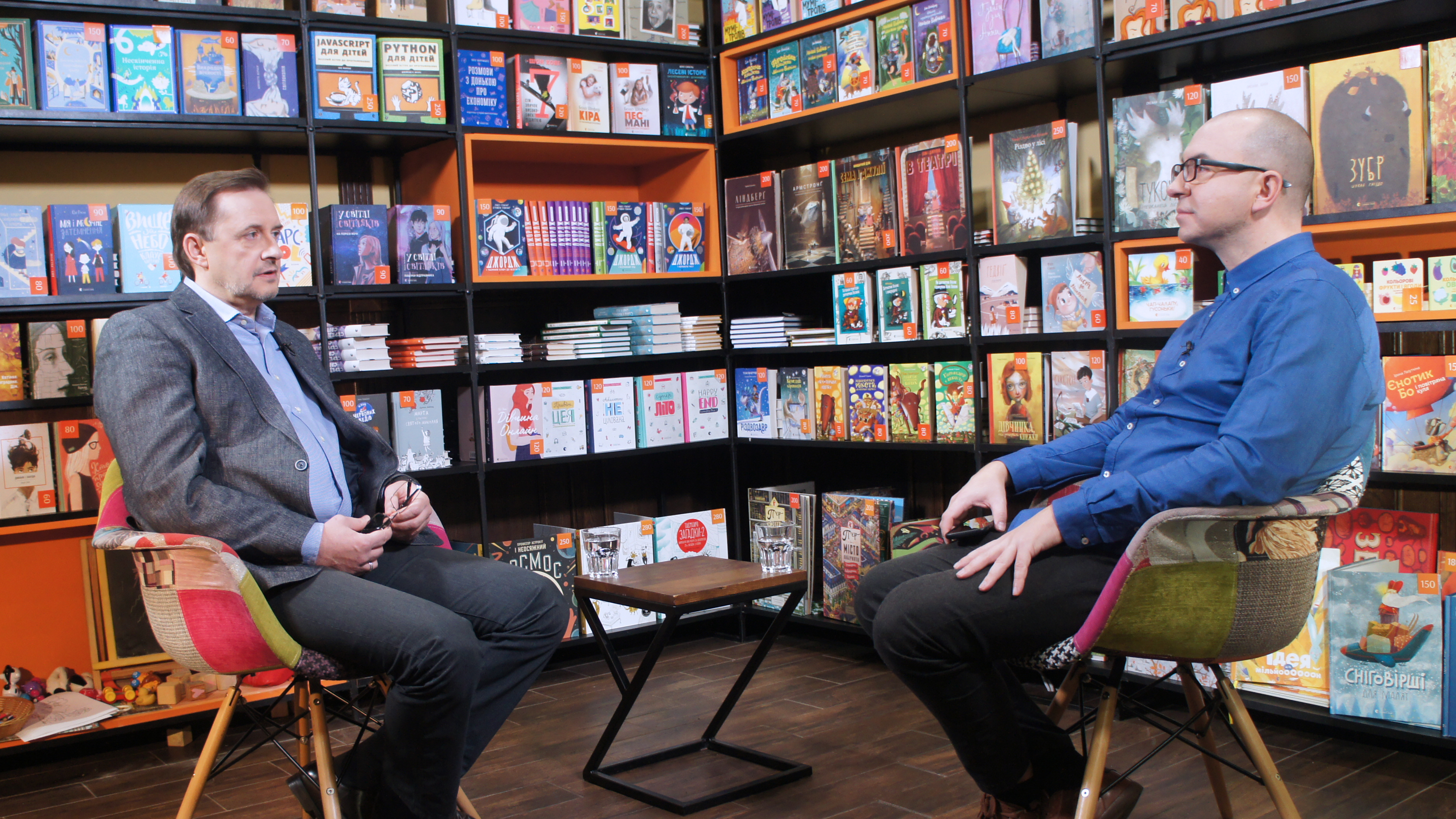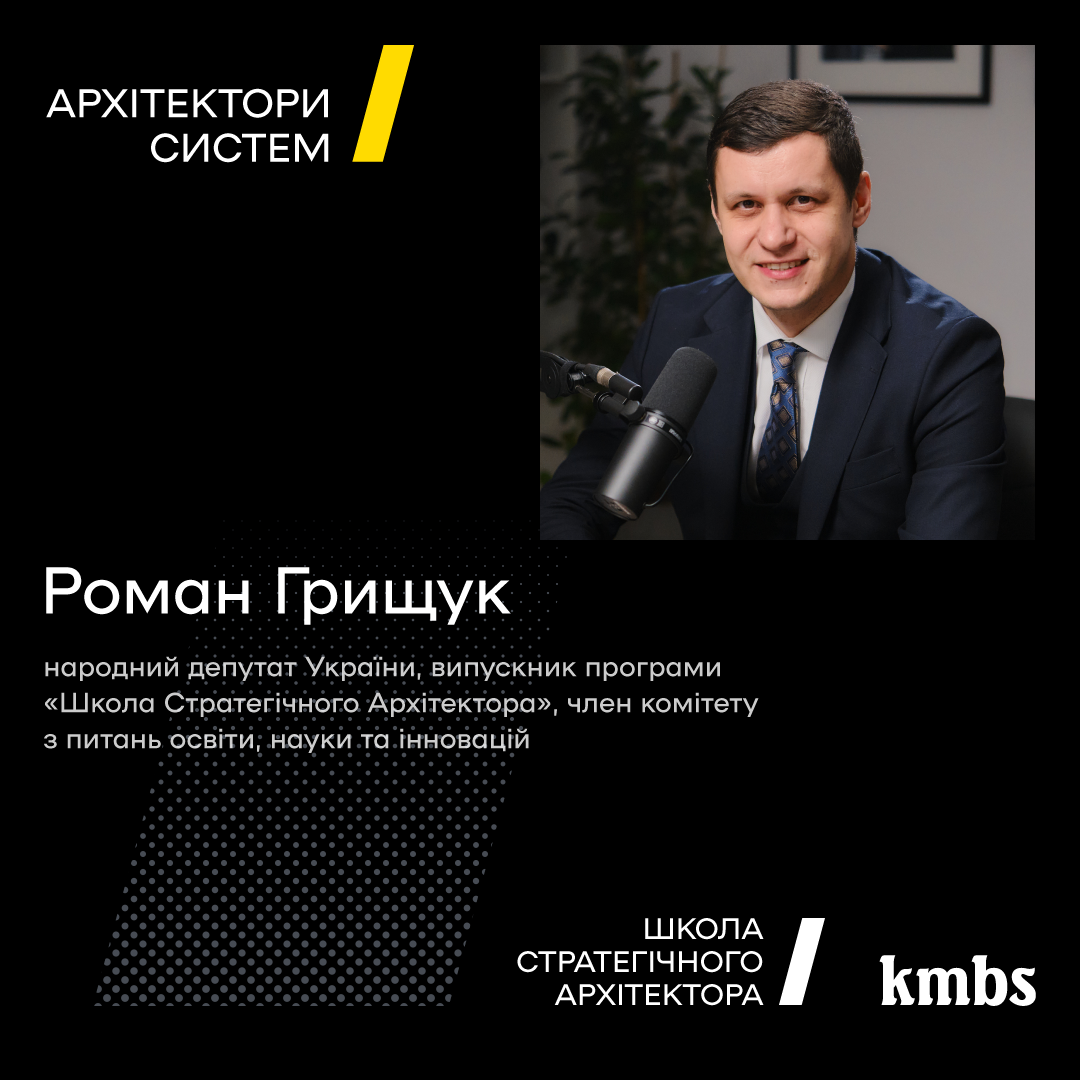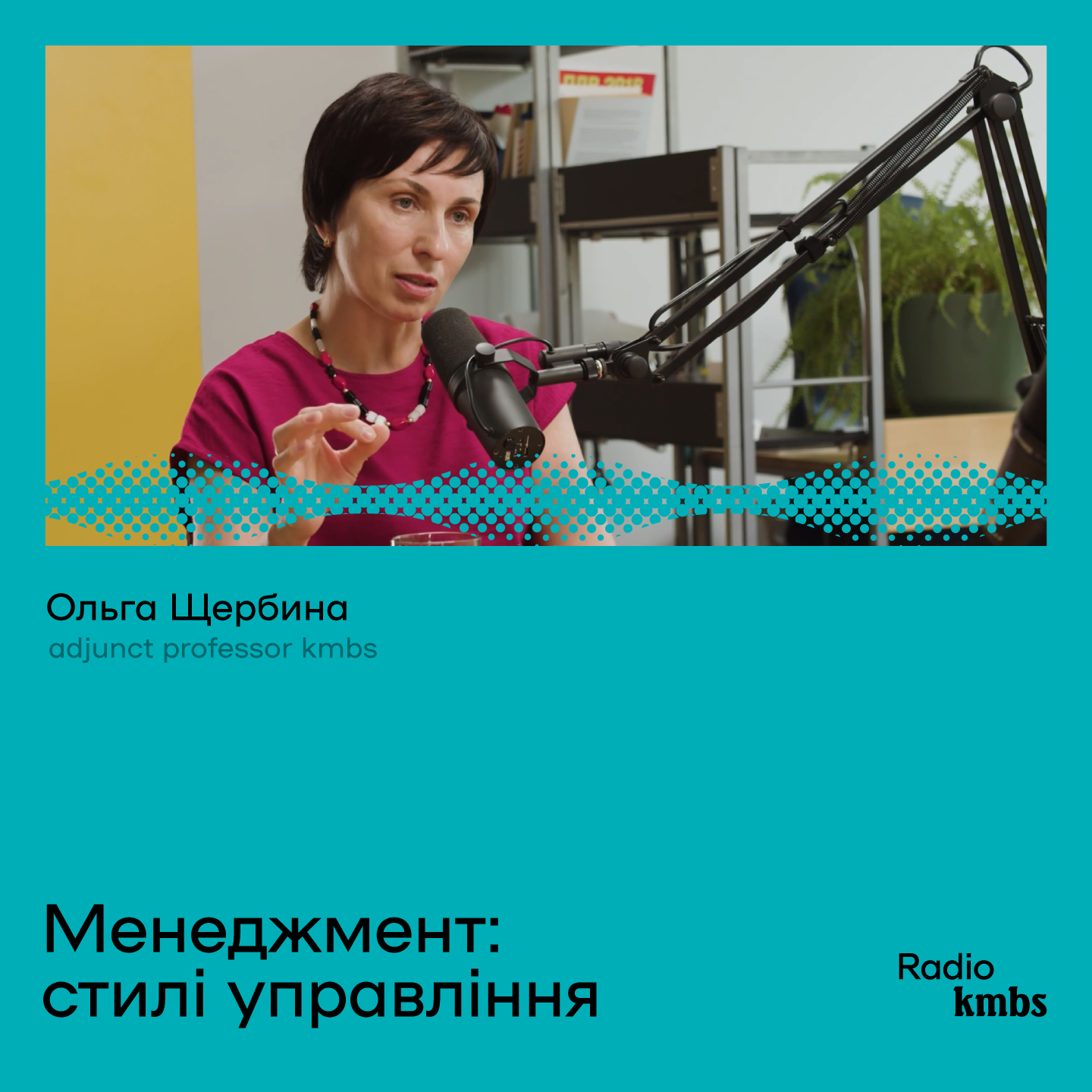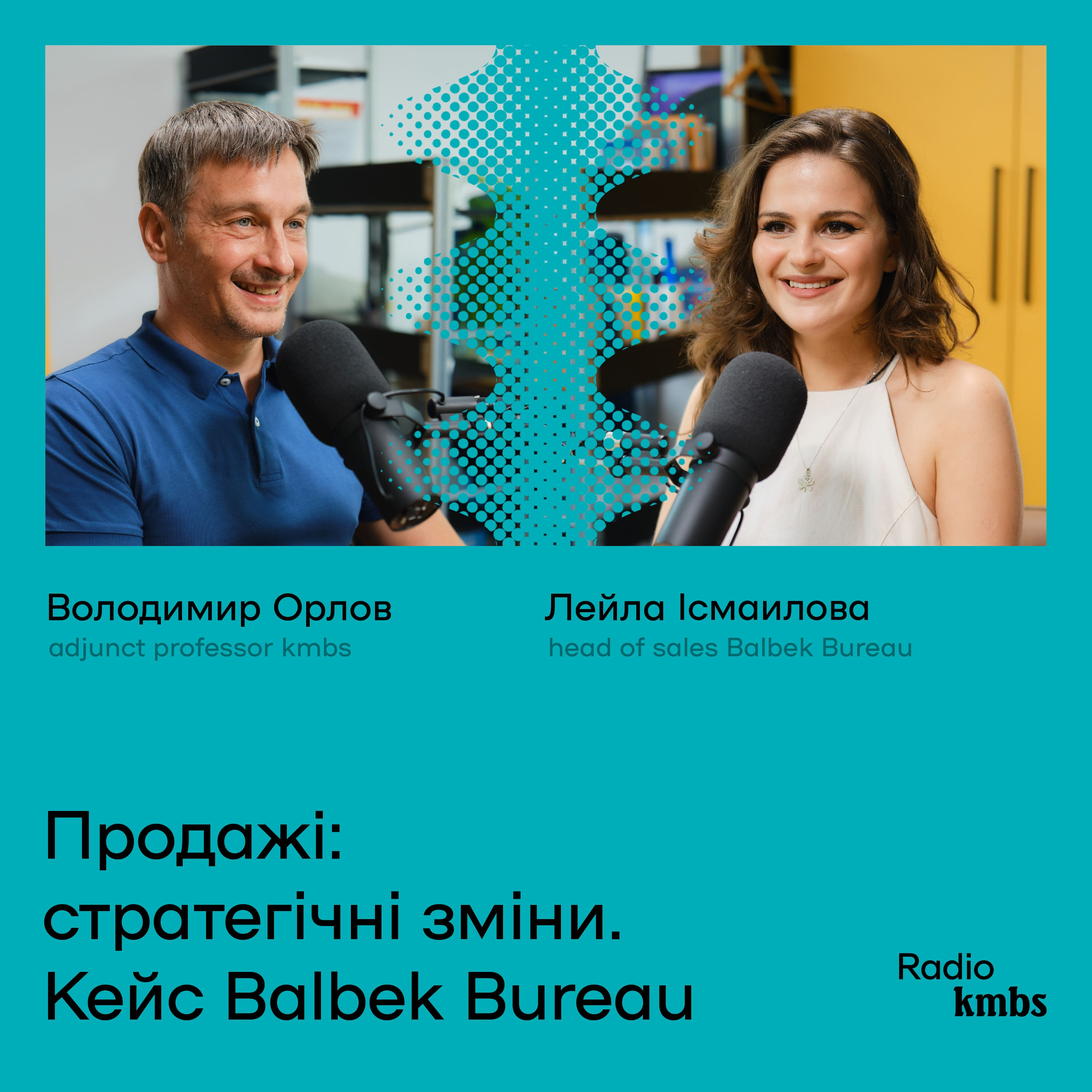About ecosystems:
What used to be important in the past may be less so now. The borders of the state don't play the same role they did 50 years ago anymore, and the type of relations between state and citizen has also changed. The same goes for business. It can no longer be governed by the logic of one state only, and it competes and interacts beyond national or cultural boundaries.
So using information and conceptual flows, you can work with Americans and Chinese in one project in Ukraine. In this case, IT, energy, science, education, and military models already have ecosystem logic in place. Clusters are examples of regional open systems that provide both competition and interaction.
If a Ukrainian businessman wants to position his business in the Facebook ecosystem, for example, then he must adhere to the rules of Facebook. These standards are not created by him, so he has to accept this logic and understand what his strategy should be — niche player, R&D player, etc.
There are people in Ukraine who create good value offers for global systems, but they are still not being supported in infrastructure as efficiently and quickly as they might be in more developed countries.
Though it's a bit of a threadbare example, let's look at Elon Musk. Recently, one said that nowadays Roscosmos (The Russian Federal Space Agency) is competing not with NASA, but with the "collective Elon Musk", and we can definitely predict who wins. That is, a person has an idea and comes up with an offer to some professional community, and people cohere to it. There are so said “pools” of people ready for cooperation in many countries, including Ukraine. Even if I had problems with them or competed with them yesterday, today I say, "Let's join our efforts and fly to Mars," and they say, "Oh, it sounds promising."
Making arrangements goes faster now, creating an open structure that no longer has an arduous traditional managerial relationship as in the past. This fluid structure can also quickly dissolve after the interaction, once the idea is over. In this process, subjectivity is not lost. After creating new opportunities, each subject still moves on as a subject.
Some things cannot be done unless there is an ecosystem, a willingly interdependent logic of relationships. For example, if you want to switch to an electric car, this will require special charging stations, repairs, suppliers, and more. Without a wider range of players and standards, you will not be able to implement the idea.
In Ukrainian society, the vast majority of decision makers have an obscure understanding of the crucial meaning of this process. But people who have graduated from business school do have such aspirations. They tend to cooperate with each other and try to spread this logic and interaction culture within their turf.
About education:
Our educational institutions mostly do not yet have an essential, value-based attitude to knowledge and skills in the context of their application in creative actions. University is very important, but it is a continuation of high school. Soft skills like creativity, leadership, etc. are barely emphasized. Instead, they invest efforts into skills and competencies specific for executive roles only.
I often tell kmbs participants about the so-called “Singaporean” type of educational "product" that is high school. Their definitions begin with two phrases: to “be able to”, and to “create a person's abilities to”. The paradigm of knowledge is not enough today. Every matter can now be solved in 1000 different ways. We need to know what this knowledge is intended for, where you can get it and how to apply it. We shall nurture a person with an open imagination and holistic view of life.
Management is no longer an economic branch of knowledge. The problem is that our concepts of "management" are studied on the basis of yesterday's economic faculties. This is misleading because management is about relationships between people within social systems, first and foremost. And this is another nature of knowledge.
High school should shape the person. Above all, it should mould a personality, a character. And the ability to be open, self sufficient, and strong, to understand how the world works, to draw our own conclusions, is essential. There is a popular phrase that says to "teach critical thinking." That is not enough for me. Critical thinking is still supportive. It means that something has happened and I have to evaluate it critically. Creative thinking is what I like more. And high school has to prepare a child for lifelong learning.
The university should provide for universal knowledge that is useful no matter which specialization a person chooses — from business and creative fields to scientific research.
About Ukraine futures:
In the future, Ukraine will be a country with its own identity, and not one that is a pale imitation of Western states, Western civilization. It will create value for world civilizations and contribute accordingly. Obviously, it will adopt a lot of things from the West, but it will come into its own and gain experience by interacting with other civilizations in the East and South as well.
We regularly get into teasing situations, which give us the opportunity to understand more about who we are, our differences, and the variety in visions for tomorrow. But now, Ukraine is open. People travel and study all over the world. Ukraine has shown that it has people capable of self organization. We still need to learn how to work with ideas, to create leadership and leaders that can work with complex ideas to bring people together.
The cultural component — the ability to interact and negotiate — is also gradually developing in Ukraine. It is respect for the other, understanding the other, and having empathy. All of this is more or less making an appearance among young people. Of course, there is the problem that social networks compart. After all, you can create a mini-world via the screen and stay there forever. And then the important question is: Does the youth sitting in front of the screen see a wider context? But our Maidans, the development of the intellectual sectors in Ukraine show that we have very good human and emotional potential, which can be revealed in the creative sense. When we start to create and offer something Ukrainian for the world that becomes both popular and interesting, then Ukraine will be actualized.
from Hromadske.ua










